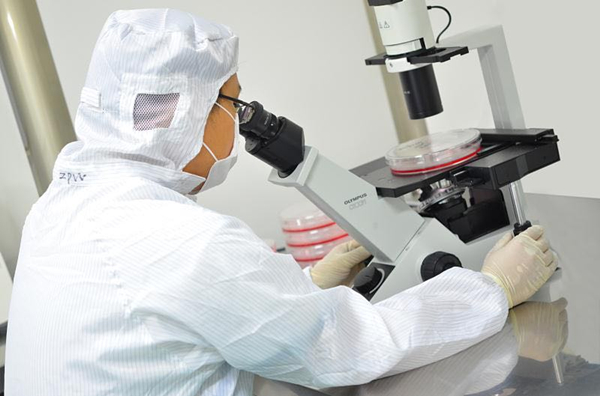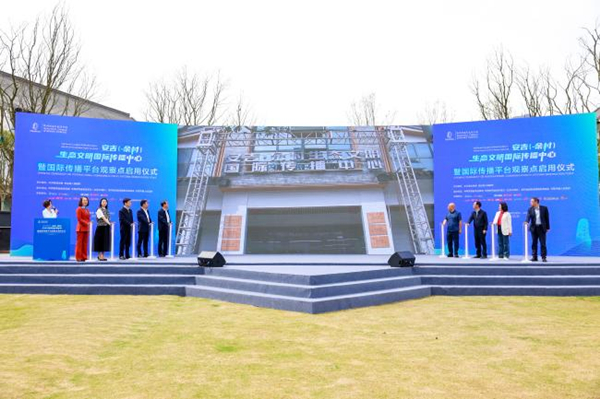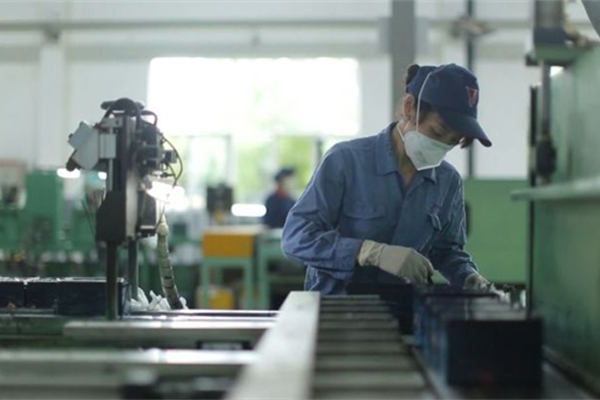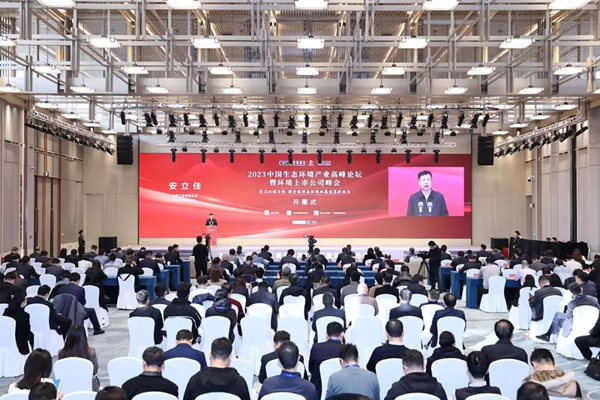Concerted efforts give child cancer patients new hope

Shanghai researchers conduct the Phase I clinical trial of CAR-T therapy with a target on glypican-3, a type of carcinoembryonic antigen. [Photo provided to chinadaily.com.cn]
Prompt diagnosis and treatment key to saving young lives
Born and raised in a small village in Xuzhou, Jiangsu province, Wang Meihua was diagnosed with late-stage nasopharyngeal carcinoma-a head and neck cancer-at age 14.
She was treated with chemotherapy and radiotherapy at a hospital for a year, before recovering and returning to school.
Since her university days, Wang has joined volunteer projects in an effort to help others.
The 27-year-old is now a full-time social worker at Shanghai Yanze Social Work Development Center, a private organization dedicated to helping children with difficult family backgrounds.
"I want to share my stories to show that children with cancer stand a good chance of recovering. We not only can grow up normally like our peers, but also repay society by spreading warmth and courage to others," Wang said.
According to doctors, pediatric tumors affect more than 30,000 minors all over China each year, and the number of cases is increasing. As children cannot express themselves clearly, such tumors are often quite large when discovered.
The doctors said most pediatric tumors form during embryonic development, while tumors reported in adults are mainly caused by an accumulation of genetic mutations in the body due to environmental stimuli.
Wang Huanmin, director of oncology surgery at Beijing Children's Hospital, said, "The biggest difference is that, in general, the cure rate for pediatric tumors is better than that for adult tumors.
"Due to the individuality of pediatric tumors, as well as the increase in early diagnosis and standardized treatment in recent years, the overall survival rate for patients with these tumors has reached more than 80 percent," he said.
Wang Meihua was initially confused when she felt movable soft tissue under the skin on her neck. She was taken to a village clinic, where doctors suggested she go to a higher-level hospital for checkups. The same advice was given when she visited a township clinic and a county hospital, before finally being recommended to a hospital in Xuzhou.
She said she was fortunate to be recommended the right hospital for swift diagnosis and proper treatment. Also, her family wanted to cooperate fully with doctors for Wang's treatment and recovery.
However, in many cases, children with tumors cannot be diagnosed promptly for various reasons, including parents' and doctors' negligence about such growth abnormalities.





